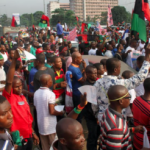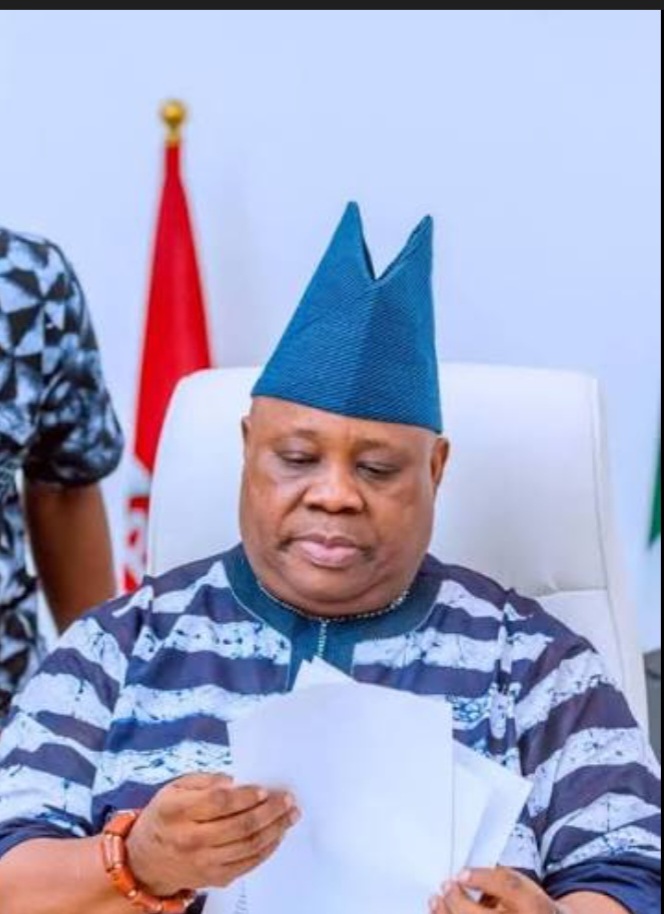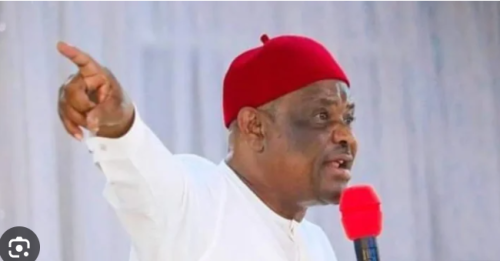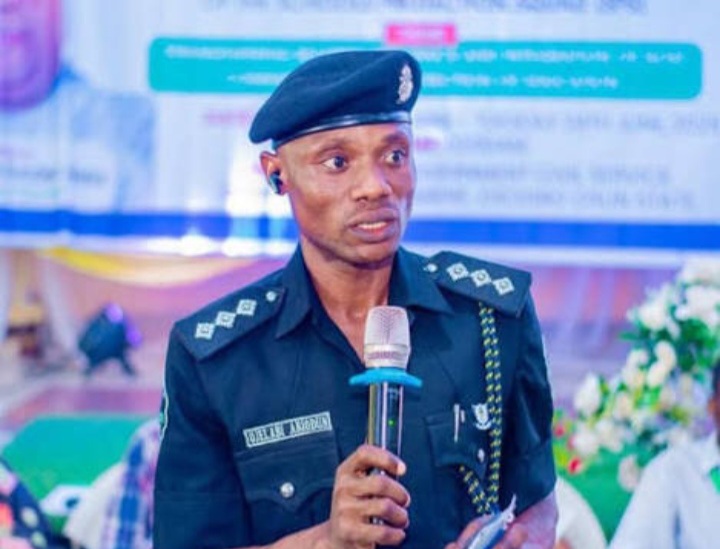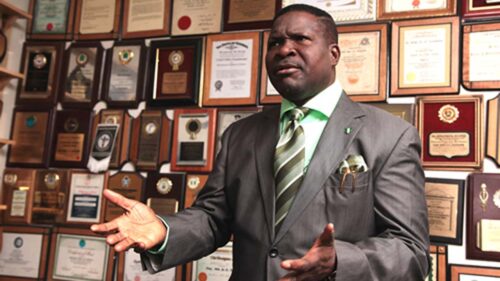Blackmail won’t stop N/assembly from scrutinizing 2017 budget – Dogara
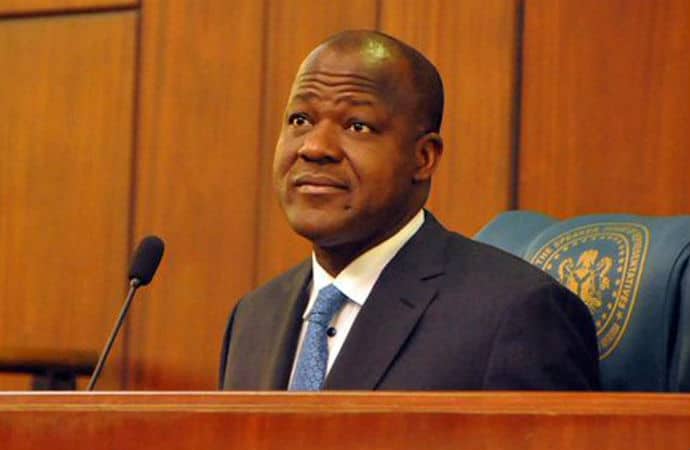
Speaker of the House of Representatives, Yakubu Dogara, on Monday said no amount of blackmail will stop the National Assembly from properly scrutinising the 2017 Appropriation Bill.
Dogara made this assertion at the opening of a 3-Day public hearing on the 2017 budget organized by the Senate and House of Representatives joint committees on Appropriation.
He declared that “no legislature worth its salt, such as ours, will ever abdicate this onerous constitutional responsibility no matter the degree of intimidation and blackmail the legislature is subjected to by persons who want to cow the legislature and brazenly put our democracy in a recession.
“The legislature, which is the most immediate representative of our people, must and will always exercise its powers for the general good.
”
For us in the House of Representatives in particular, today’s event represents a fulfillment of one of the major goals we set for ourselves in our Legislative Agenda adopted at the beginning of the 8th Assembly.
“That the House shall examine the efficacy of conducting public hearings on the budget before legislative approval as this exposes the national budget to increased citizen and stakeholder participation.
”
At another occasion, I had cause to make the following pronouncement on the issue of public hearing on the budget which I hereby adopt.
I said then that subjecting the annual budget to public scrutiny at the National Assembly will give stakeholders the opportunity to make their inputs and challenge incorrect assumptions in the budget.
“This process, he added, will involve the Civil Society Organisations (CSOs) and other professional bodies, insisting that “the National Assembly will benefit from the research skills of various CSOs and the technical expertise of professional bodies at the enactment stage of the appropriations bill.”
I am aware that many CSOs scrutinise the budget yearly and usually point out areas of duplications and wastage. We need to institutionalise this mechanism.
“We pass an appropriation bill every year and 2017 will not be an exception, but we have tasked ourselves particularly this year on reforms of the budget process to ensure a more transparent and accountable system.
“It is as a result that this public hearing is taking place. It is expected that Nigerians will use this opportunity offered by the legislature to interrogate the budget document and ensure that the needs and priorities of our people hold sway at the end of the day.
“Stakeholders in their various fields of expertise and active players in all aspects of the economy are invited to make their inputs and assist the National Assembly in passing a truly peoples’ budget that will set us on the path to sustainable economic recovery.
“The reforms being introduced into the budgeting process will ultimately lead to amendment of existing laws, including the constitution.”
We have keyed into the need to enact a budget process law that will set time frames and activity schedules for all participants in the budgeting process.
“This will require the active cooperation and collaboration of not only both chambers of the National Assembly but the executive branch as well.
”
I expect the joint appropriations committee handling the 2017 budget to take the input of stakeholders into consideration in fashioning out the final budget document that will be passed by the National Assembly.
“This event which is the first in the history of the legislature must not be a mere talk shop. It is hoped that the outcome will help address the flaws associated with our annual budgets.”


